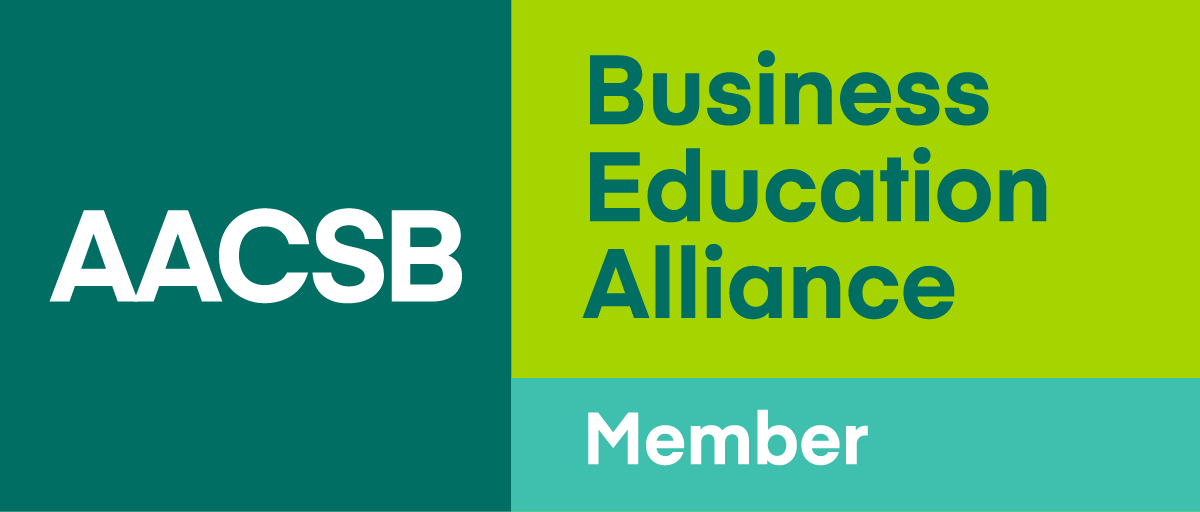[CM USR] Bringing University Social Responsibility to Life: A Cross-Institutional Forum Sheds Light on Education and Social Practice
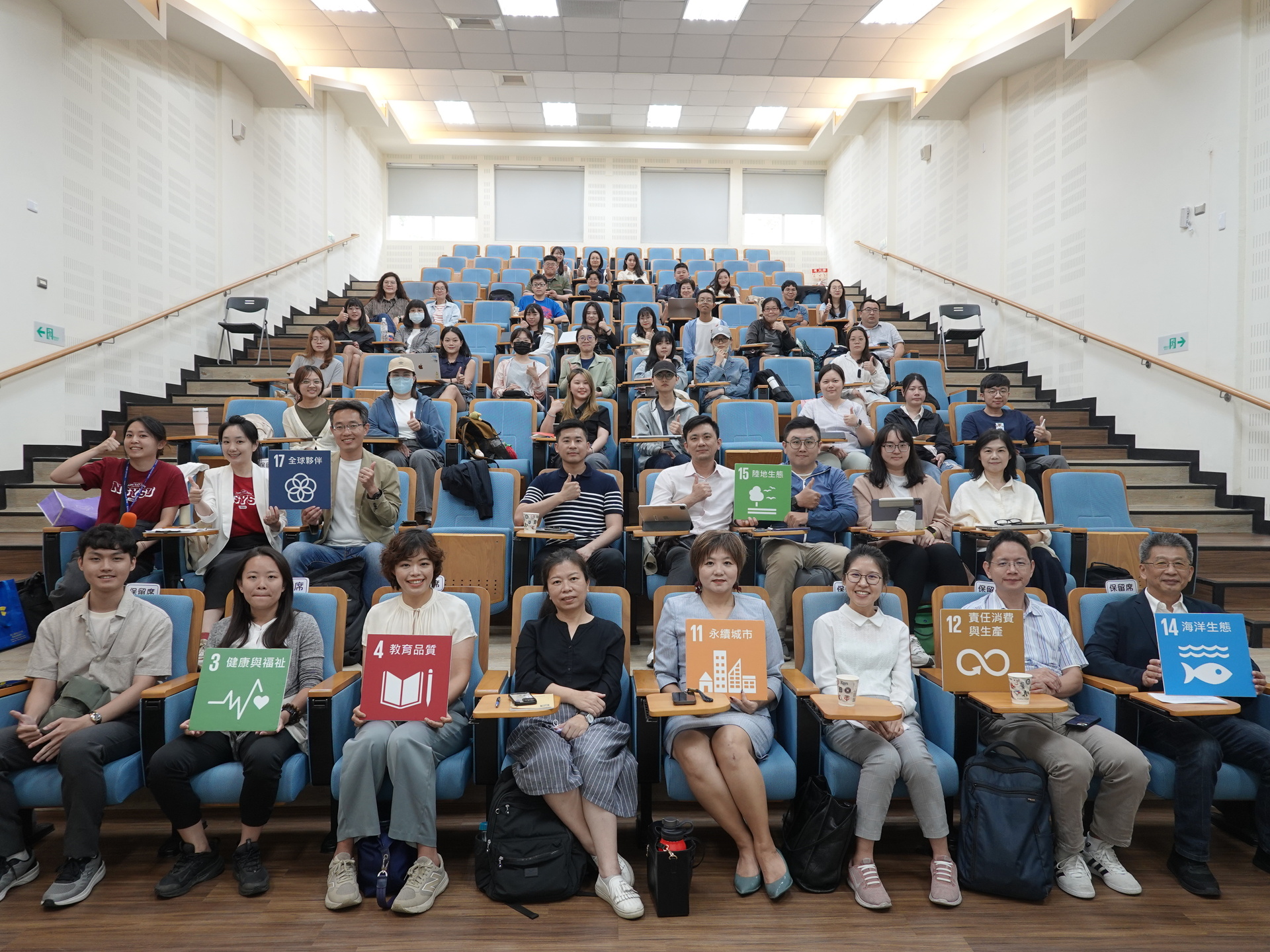

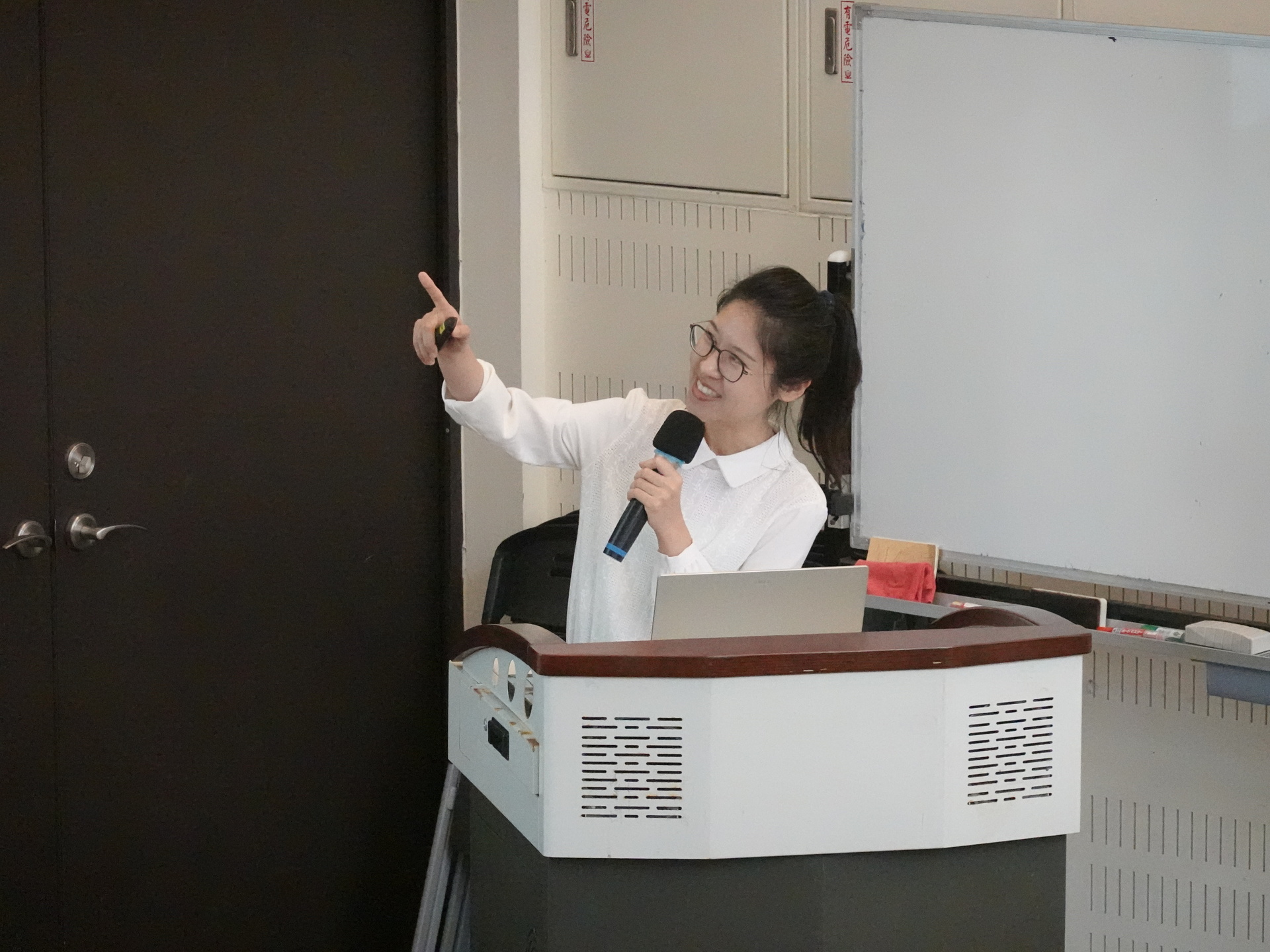
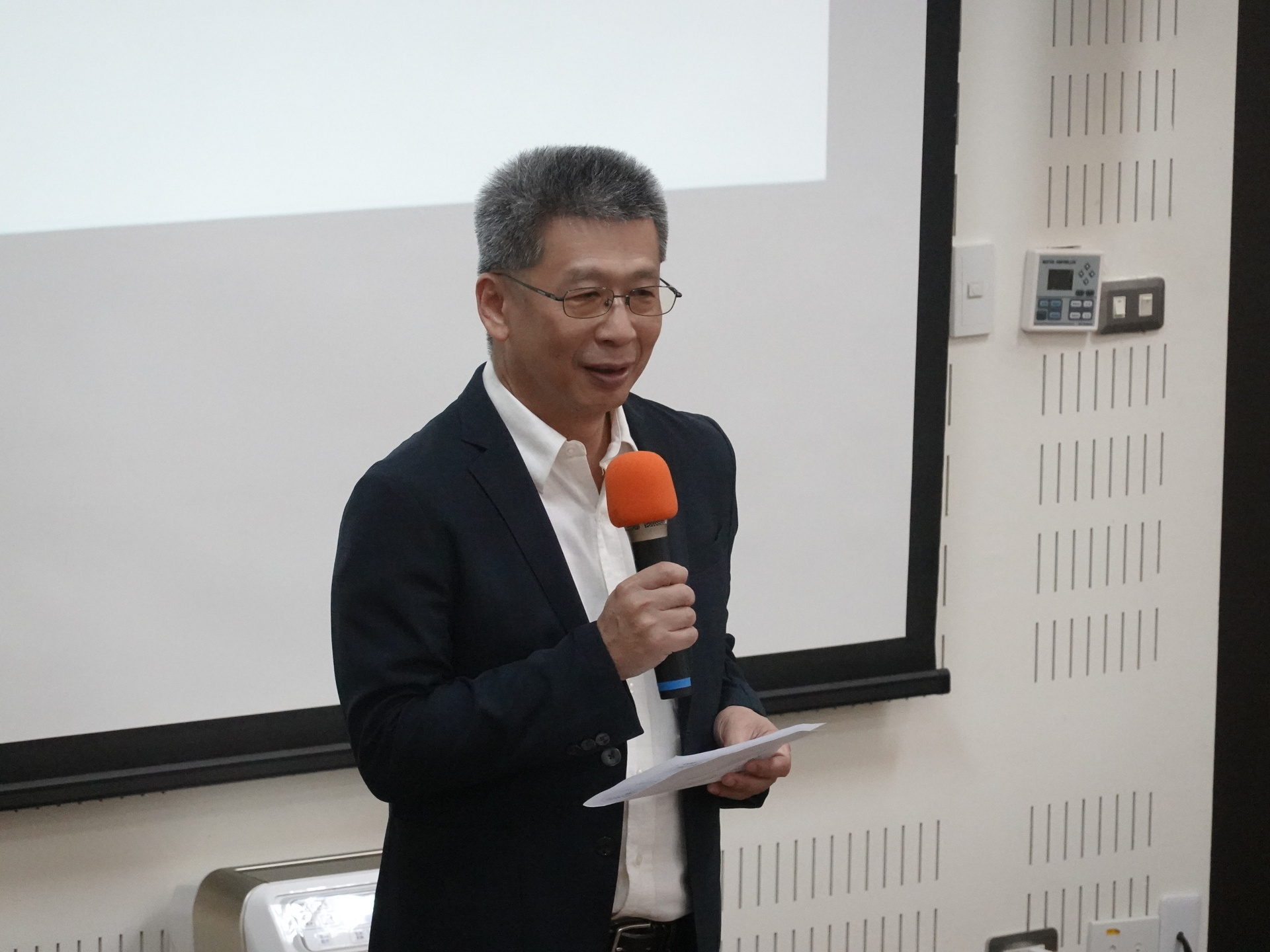
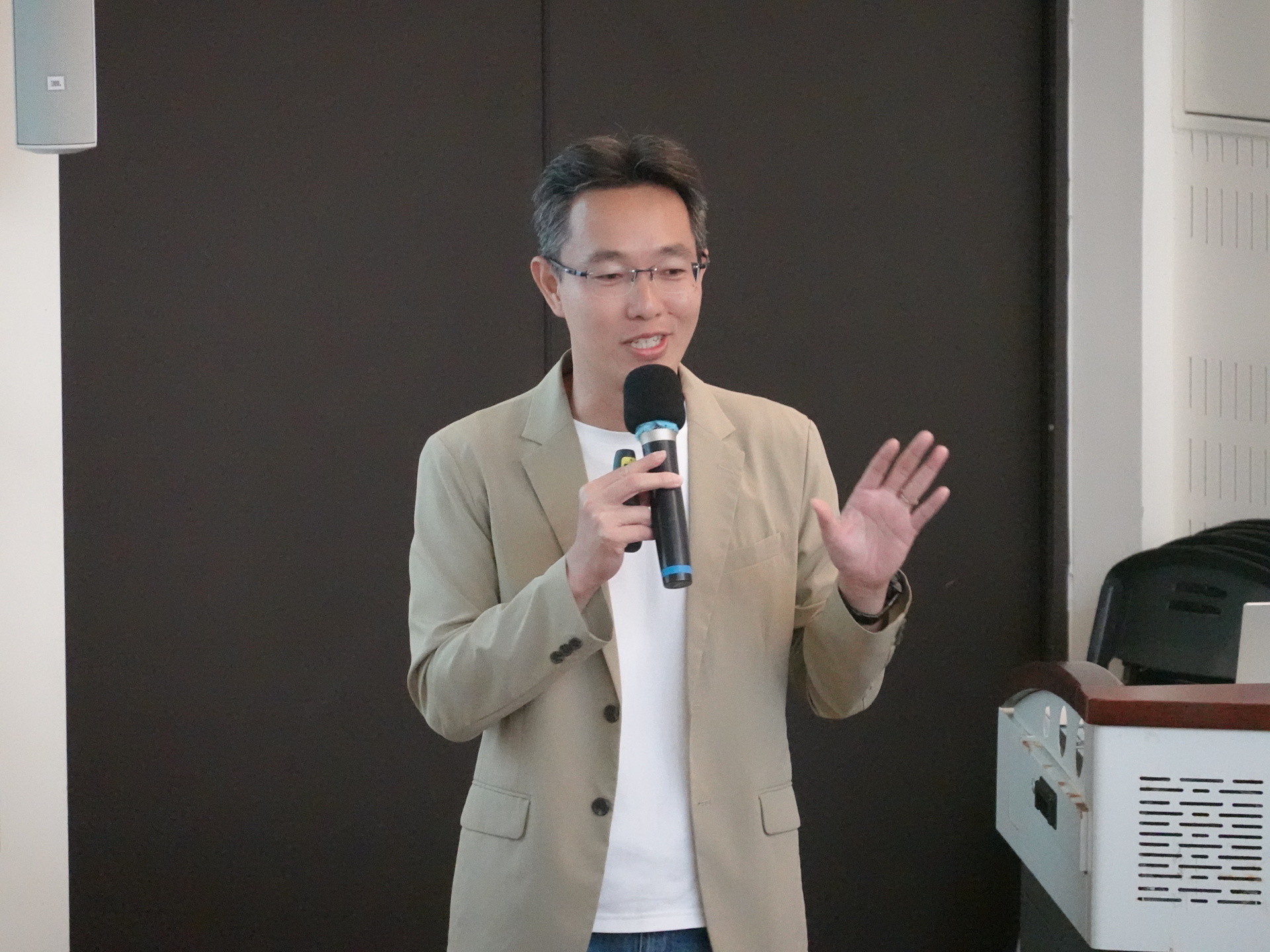
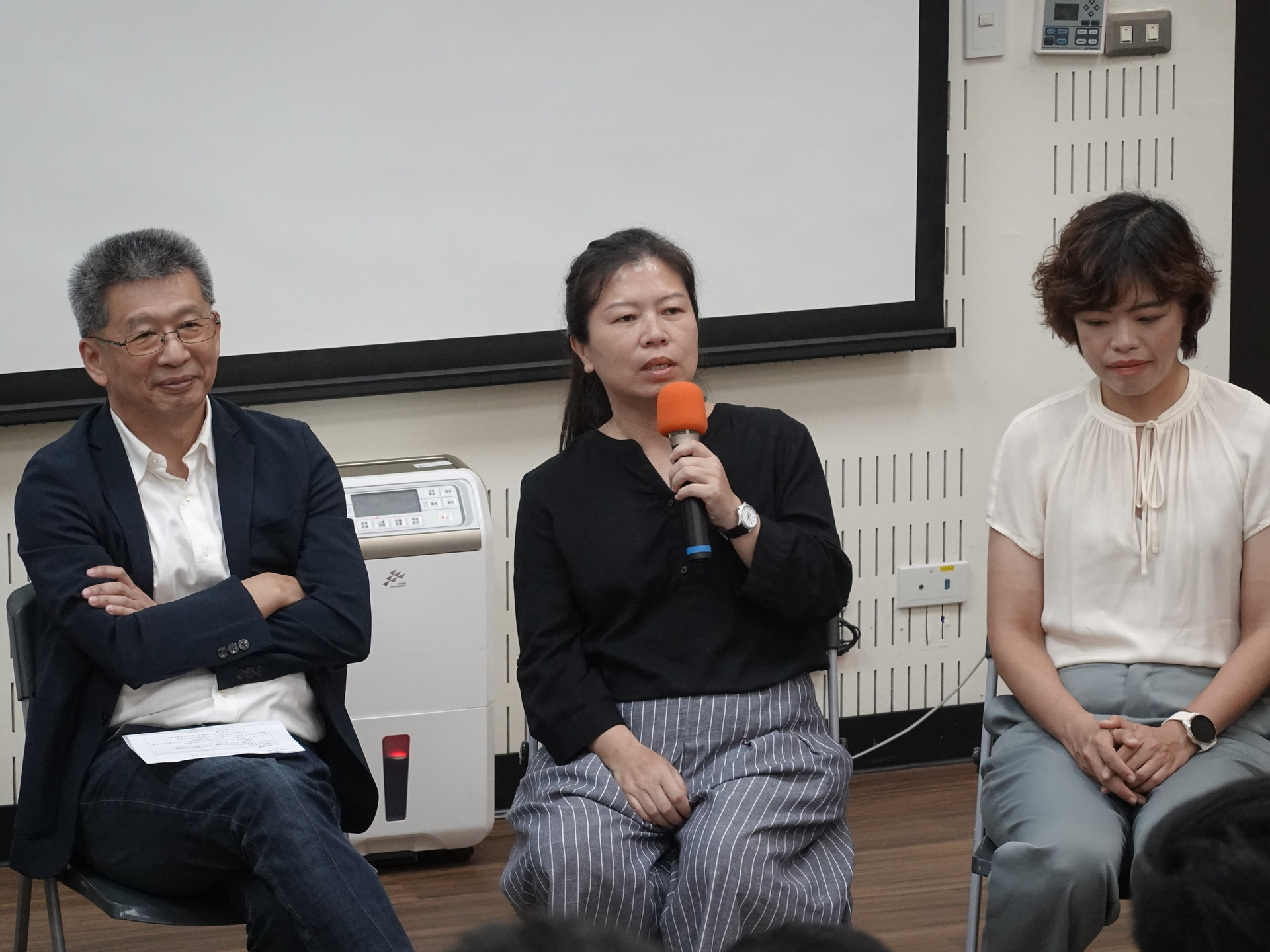
The practice of University Social Responsibility (USR) has grown increasingly diverse in recent years. When universities step beyond campus boundaries and into local communities, project managers emerge as critical connectors—linking academic courses with real-world settings, theory with local engagement, and goals with actionable plans.
To advance this mission, the USR team of the Industry-Academia Collaboration Initiative at the College of Management, National Sun Yat-sen University (NSYSU), hosted a SIG empowerment forum, inviting project managers and faculty members from six universities to engage in cross-institutional dialogue. The event attracted more than 60 participants—project collaborators and students from 21 universities across northern, central, and southern Taiwan—who came together to share the challenges and achievements of implementing USR in practice.
USR work comes in many forms, and finding balance within these dynamic roles is a learning journey in itself. Lin Ling-An, project manager of the “Badland Collaboration” USR program at National Cheng Kung University, described how her role spans administrative coordination and on-site engagement, often requiring delicate navigation between institutional structures and innovative practices. She acknowledged that rigid bureaucratic processes and understaffing frequently place added pressure on project managers, who must mediate between administrative demands and frontline realities. Lin likened social practice to an ecosystem that needs “sunlight, air, and water”—only with a supportive institutional environment can meaningful action truly take root.
Chia-Lin Hsieh, deputy project manager from the Department of Fisheries and Aquatic Sciences at National Kaohsiung University of Science and Technology, also emphasized the importance of communication and emotional support in her role. By enhancing personal capacity and nurturing team morale, she helps stabilize both teaching operations and project implementation, gradually empowering students to take ownership of initiatives themselves.
Professor Jui-Kun Kuo, project leader of the NSYSU USR initiative, remarked, “Only when a job becomes a career can we begin to talk about turning it into a calling.” Compared with career advancement paths in corporate settings, professional development opportunities for USR project managers within academic institutions remain limited. However, the Ministry of Education’s USR program offers greater flexibility for exploring and addressing meaningful social issues. Integrating personal interest with professional growth may enable mutual reinforcement of passion and purpose.
Chih-Wei Chen, Professional Manager at NSYSU’s Center for Alumni Services and Social Responsibility, addressed systemic challenges to developing long-term USR talent. He stressed that sustainable outcomes hinge on assistants’ ability to accumulate field experience and cross-departmental collaboration skills over time. In response, NSYSU has been working to establish a flexible compensation structure and a collaborative platform that goes beyond the conventional, short-term staffing model.
During a concluding panel session, Assistant Professor Lai Meng-Ling from Southern Taiwan University of Science and Technology’s Department of Visual Communication Design pointed out that students today often lack a sense of autonomy. She suggested that linking curriculum with real-world practice can stimulate students’ critical thinking and motivation to act on social issues—ultimately increasing their willingness to engage long-term. Echoing this sentiment, Manager Chen cited Associate Professor Liu Ming-Hao of National Chi Nan University: “Only through action can we see the true face of society; only through practice can we see ideals come to life.” This reflection captures the essence of USR—reminding us that beyond executing projects smoothly, the deeper goal is to embed USR as a transformative force for long-term social change.
For Ou Ssu-Yu, a graduate student in Public Affairs at NSYSU, the event provided a deeper and more nuanced understanding of USR. She observed that the common thread across diverse projects is wholehearted commitment—to a field, a community, or a cause. It is through persistent dedication that one can become a key driver of change.
This forum spotlighted the often-overlooked labor and expertise that project managers bring to the integration of planning, teaching, and community engagement. It also reinforced the importance of sustainable talent development and professional recognition—ensuring that USR is not just a lofty ideal, but a driving force for community revitalization and social good.
—Submitted by the USR & CSR Project Team / Edited by the College of Management Media Team, NSYSU


